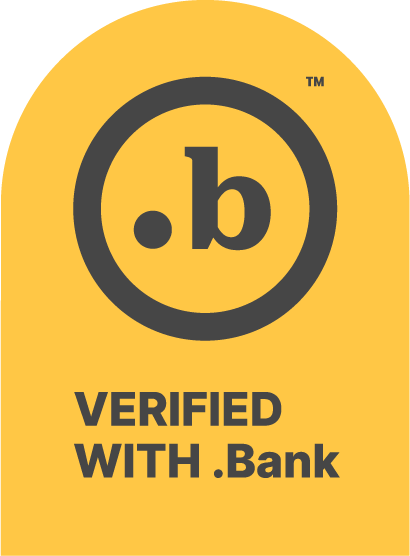
ONLINE SECURITY TIPS
PHISHING
CREDIT REPORT, CREDIT AND DEBIT CARDS
ID THEFT
ONLINE SECURITY TIPS
Use the online security tips below to protect yourself and your family when you are online at home or on a mobile device while you’re on the go.
√ Keep firewalls and security systems on your computer updated.
√ Use only the latest operating systems on your mobile devices to ensure security systems are patched.
√ Be wary of using public Wi-Fi on a laptop or mobile device; do not make purchases when connected to public Wi-Fi.
√ Before making purchases online, ensure the URL starts with “https” and there is a padlock icon in the address bar. This indicates information you provide is encrypted.
√ If your browser notifies you that a site is not secure, hit the “back” button.
√ When opening emails, open only those from senders you recognize. Do not click on links in emails from people you do not know or did not initiate a conversation with.
√ Watch out for misspellings, grammar issues or phrases like “we need you to confirm your membership with us” in emails, as these are good clues the email is a phishing attempt.
√ Limit the amount of personal information you provide to social networks.
√ Do not use the same password for all logins and rotate your passwords regularly.
PHISHING
Heritage Bank will NOT ask for your personal information via a phone call, email, or text message. The steps you should follow when you receive this type of message or phone call are to ignore it, delete it, and phone Heritage Bank to report it. DO NOT follow the instructions given – when in doubt, call Heritage Bank immediately!
Criminals will craft their false messages with a sense of urgency to make you think you need to follow the instructions they give you quickly, before you have a chance to think about it. For instance, “Your Heritage Bank account has been shut down.” Or “Heritage Bank has deactivated your ATM card. Phone XXX-XXX-XXXX to reactivate immediately.” Beware of these types of messages! Fraud attempts are occurring on a regular basis using a variety of bank names - we want to help you avoid becoming a victim.
CREDIT REPORT, CREDIT AND DEBIT CARDS
√ Cancel any unused accounts. They provide additional targets for identity thieves. However, be aware that canceling credit cards may affect your credit score adversely.
√ If you expect a new or reissued credit or debit card in the mail and it doesn't show up on time, contact the issuer immediately.
√ Check your credit reports at least twice a year. Ask for the 3-in-1 merged credit report with a summary from all three credit bureaus. Under the federal FACT Act, consumers are entitled to one free credit report each year from each of the major agencies.
√ Each month carefully review your financial statements, bank statements and phone bills for unauthorized use.
√ Keep a list of your credit cards, bank accounts and investment accounts in a secure place. Include account numbers and phone numbers for customer service and fraud departments, so you can contact them quickly if cards are stolen or accounts are being fraudulently used.
√ Check your Social Security Earnings Statement each year for signs of fraud. You should receive it annually and it typically arrives three months prior to your birthday.
ID THEFT
Various frauds aimed at gathering personal identity and account
information are occurring on a regular basis. Several forms of
identity left include, but are not limited to: skimming machines
(copies the magnetic strip off the back of a card), credit card
(using someone else's credit card/number, social networks), or
dumpster diving (finding important documents in the trash).
Take the following steps if you're a victim of Identity Theft:
√ Keep detailed records of all correspondence.
√ Close all accounts that have been tampered with immediately.
√ If a social security number has been compromised, put a credit
hold on it to stop further misuse.
√ Shred
all important documents that have personal information, if they
are no longer needed.


© 2020 Heritage Bank, Marion Iowa. All Rights Reserved.
 ONLINE BANKING
ONLINE BANKING SEARCH
SEARCH